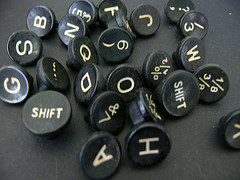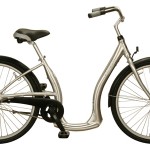From the Governator:
We in California have made a big move forward in that area because the people of California have approved $42 billion of infrastructure … I think that was a really big, big step forward
and I think that the federal government has to do obviously the same thing.
The important thing is that we look at how do we get the people enthusiastic about the subject? Because the word infrastructure means nothing to the majority of people of America. We have to come up with a sexier word than infrastructure. So the key thing is that you have to go out and promote and market this the right way like with everything in policy.
[In California] we went out and didn’t talk about infrastructure but we talked about are you angry about getting stuck in traffic every day, and you cannot spend enough time with your family and with your children? That really aroused anger in most of the people and we said vote yes on those propositions.
“Sexier,” of course, is synonymous here with “persuasive.” (And you wondered why we named the journal Harlot of the Arts.) To be persuasive is to be sexually appealing and alluring on a visceral level. A successful rhetor will no doubt get pleasure out of, um, skillful application. But also look at how quickly he switches frames: “you have to go out and promote and market this the right way.” The economic rhetoric here fits easily with, “sex sells.”
Perhaps we’ll get Arnold to write a piece for Harlot . . .





